


Міжнародна літня школа «Спогади та наслідки революцій» (Запоріжжя)
23.03.2018
Дев'ята Міжнародна літня школа соціальних наук в Україні приймає пропозиції від представників різних дисциплін у галузі соціальних наук та суміжних областей, таких як історія, соціологія, антропологія, політологія, міжнародні відносини та культурологія. Регіони дослідження - це колишній Радянський Союз, Центральна, Східна та Південно-Східна Європа. Дедлайн -15 квітня 2018 року (далі - англ.).
Більше тренінгів у розділі Тренінги.
The 2017 commemorations of the 1917 revolutions have demonstrated the difficulties in dealing with the legacy of this complicated series of events. Numerous conferences were organized all over the planet, millions of pages were published, websites, films and documentaries were created. While these events from a century ago are still reverberating across the globe, for countries of the former socialist bloc they pose a special challenge. This was especially clear in Russia: there was a commemoration on Red Square on November 7th, but not to celebrate the October Revolution. It was about Red Army’s famous military parade of 1941!
What is to be done with the legacy of these revolutions ? Some struggle to reconcile rejection of revolutionary politics with pride in the achievements of their forefathers under the Soviet regime. Others, embracing the notion of revolution as resistance to oppression, strive to forget their socialist past. Scholars and politicians, artists and activists, all are trying to disentangle the notions of revolution, liberation, socialism and nation tied in a knot a hundred years ago.
We invite participants of the summer school to explore the way the revolutions of 1917 have been shaping what we now call the former socialist countries over the last hundred years.
The Bolshevik regime was well aware of the necessity of leaving/creating material traces of itself: the first monuments were inaugurated very quickly. We are interested in these material traces of revolutions, but also in the way they transformed political parties, ideologies, social groups, countries…
We are interested in the legacies that inspired, challenged, and shaped revolutionaries themselves; we are interested in the legacies that revolutionaries created. We are also interested in transformative revolutionary moments beyond 1917, because we are interested in the larger Central and Eastern European world beyond Russia. 1905 for example, was transformative for the Polish leftists. The Stalinist “revolution from above” profoundly affected economy and society. 1945 was a revolutionary disruption across the former frontlines. 1989 was a revolution of a different sort, and one can see the “color” revolutions across the former socialist world as existing in the legacies of previous moments of disruption and transformation. By examining the legacies of 1917, we hope to get at larger questions. How do societies manage their past? How do they take from past practices, slough off past burdens, decide what to keep–and what to forget? Who decides what counts as legacy? What are legacies shaping/hindering/provoking attempts at reform today? How are histories of revolutions refracted through the lives of groups and individuals?
We are interested in all aspects of making and unmaking legacies: in politics, in society, in the arts, in culture, in economics, and in urban space, from the mundane everyday life, to global politics.
The Ninth International Social Science Summer School in Ukraine welcomes proposals from many disciplines in the social sciences and adjacent fields, such as history, sociology, anthropology, political science, international relations or cultural studies. Our regional focus is the former Soviet Union, Central, Eastern and Southeastern Europe. While the primary concentration will be on the 20th and 21st centuries, 19th century proposals are welcome.
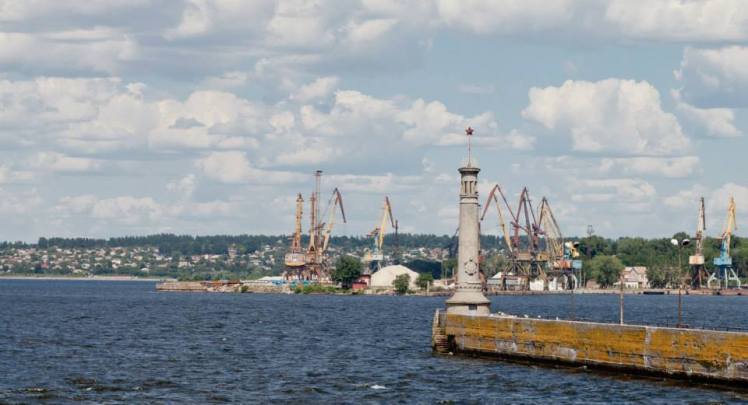
Topics of investigation could include:
– Analytical language: legacy, heritage, memory and how scholars use them
–Dynamics of legacy construction: which ideas, people, or practices continue and which change?
–Reality vs. Memory—what do we remember and what do we forget
– Construction of heritage, heritage projects, and stakeholders
–Memorialization between state policy and civic action
–Memorial places / Places of memory
–Built environment: architecture, design, style, construction
–Objects: everyday, museum, stolen, hidden, transformed
–Politics—political practices, assumptions
–Gender—attitudes, ideas, norms, possibilities
–destruction / construction
–environment
–rules, policies, laws, customs
–elites, non-elites, new actors
Format: Workshop and Fieldwork
The Summer School follows a unique format that allows for developing participants’ research projects, as well as exploring the theme of the School in the laboratory of the city. Participants leave the School with new colleagues, new ideas, and a better understanding of their own research in comparative context. The Summer School is explicitly interdisciplinary and follows a workshop format. Each participant will present a pre-circulated paper and receive extensive comments from a group of international faculty, as well as from other participants. Participants are expected to read each other’s work, to contribute actively to discussions, and to participate in the extracurricular program throughout the city. The Summer School will include roundtables and presentations at the seminar, field visits, local interviews and excursions within the region. These off-site activities will contribute to our seminar discussions.
Location
Zaporizhzhya- Zaporozhye – Запоріжжя – Запорожье (Ukraine)
The International Social Science Summer School in Ukraine takes place in a different city of Ukraine every year. Previous schools have been held in Uman (2009), Dnipropetrovsk (2010), Ostroh (2011), Zhytomyr (2012), Mykolaiv (2013), Lviv (2014), Chernivtsy (2015) and Kharkiv (2016).
From Makhno to Motor Sich: This year’s school will take place in Zaporizhzhia, Ukraine. The region is the heartland of the Zaprozhian Sich, the Cossack heartland, from the pre-18th century. The city was then named Aleksandrovsk, and was known for little during the late Russian Empire. Yet in the Soviet Union it became the base city for DneproHES, a mammoth hydro-electric station on the Dnipro river and symbol of Soviet expansion, industry, and modernity. The city also sponsored a car, the Zaporozhets, which became not only a vehicle, but also a punchline for many Brezhnev-era jokes. Today, it is a city on the river with an industrial legacy, a Soviet legacy, a Cossack legacy: a palimpsest of revolutionary and transformative projects. It is an ideal city to explore legacies of revolution in socialist and post-socialist societies.
The struggle of man against power is the struggle of memory against forgetting. –Milan Kundera, The Book of Laughter and Forgetting
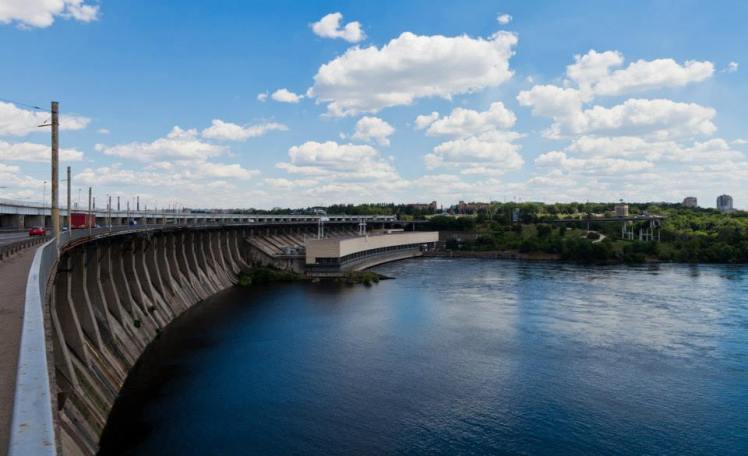
Duration
One week, June 24-June 30. Departure from Kyiv on June 24. Workshop meets all day June 25-29; return to Kyiv June 30.
Participants must attend the school for the entire week.
Eligibility
The Summer School is open to PhD students (or students enrolled in a kandidat nauk program) and young researchers (up to six years removed from their PhD or kandidat nauk degree). Proposals strong on theory and empirical research are particularly welcome. The working language of the Summer School is English. Participants must be comfortable working in English.
Program Costs
There is no program fee. The organizers will cover accommodation, meals, workshops and all excursions. The participants (or their institutions) must pay travel expenses from their home country to Kyiv; the transfer from Kyiv to Zaporizhya will be covered.
Applications
To be considered for the Summer School, candidates must complete an application form (including a 500 word research project presentation) and send a CV. They may also send an additional written sample, such as a conference paper, a dissertation chapter, or a publication (optional).
Step 1 : Complete the application form online. We advise you to prepare the research project presentation in advance and to copy/paste it.
Step 2 : Send your CV and additional documents to [email protected]. Please don’t forget to clearly mention your name in the subject line of the message.
Deadline for application is 15 April 2018.
The application will be reviewed by an evaluation committee and you will be notified of the results by email.
Core Faculty members
- Dominique Arel (Chair of Ukrainian Studies, U of Ottawa, Canada)
- Anna Colin Lebedev (U of Paris Nanterre / Institut des sciences sociales du politique, France)
- Mayhill Fowler (Stetson University, USA)
- Alissa Klots (European University at Saint Petersburg, Russia)
- Sophie Lambroschini (U of Paris Nanterre, France/ Centre Marc Bloch, Germany)
- Mikhail Minakov (Kyiv Mohyla Academy National University, Ukraine – Europa-Universität Viadrina Frankfurt (Oder), Germany)
- Anna Muller (U of Michigan-Dearborn, USA)
- François-Xavier Nérard (U of Paris 1 Panthéon Sorbonne, France)
- Ioulia Shukan (U of Paris Nanterre / Institut des sciences sociales du politique, France)
- Natalia Stepaniuk (Chair of Ukrainian Studies, U of Ottawa, Canada)
Source: https://ukrainesummerschool.com/2018/01/29/call-for-applications-zaporizhzhya/
Контакти
- [email protected]
- https://ukrainesummerschool.com/about/
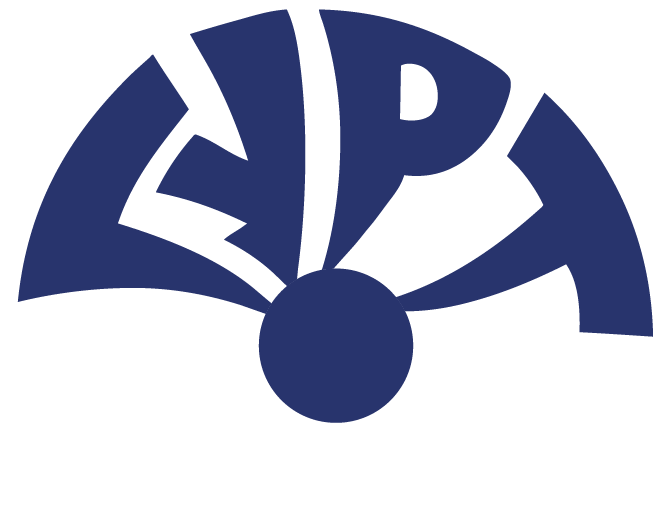

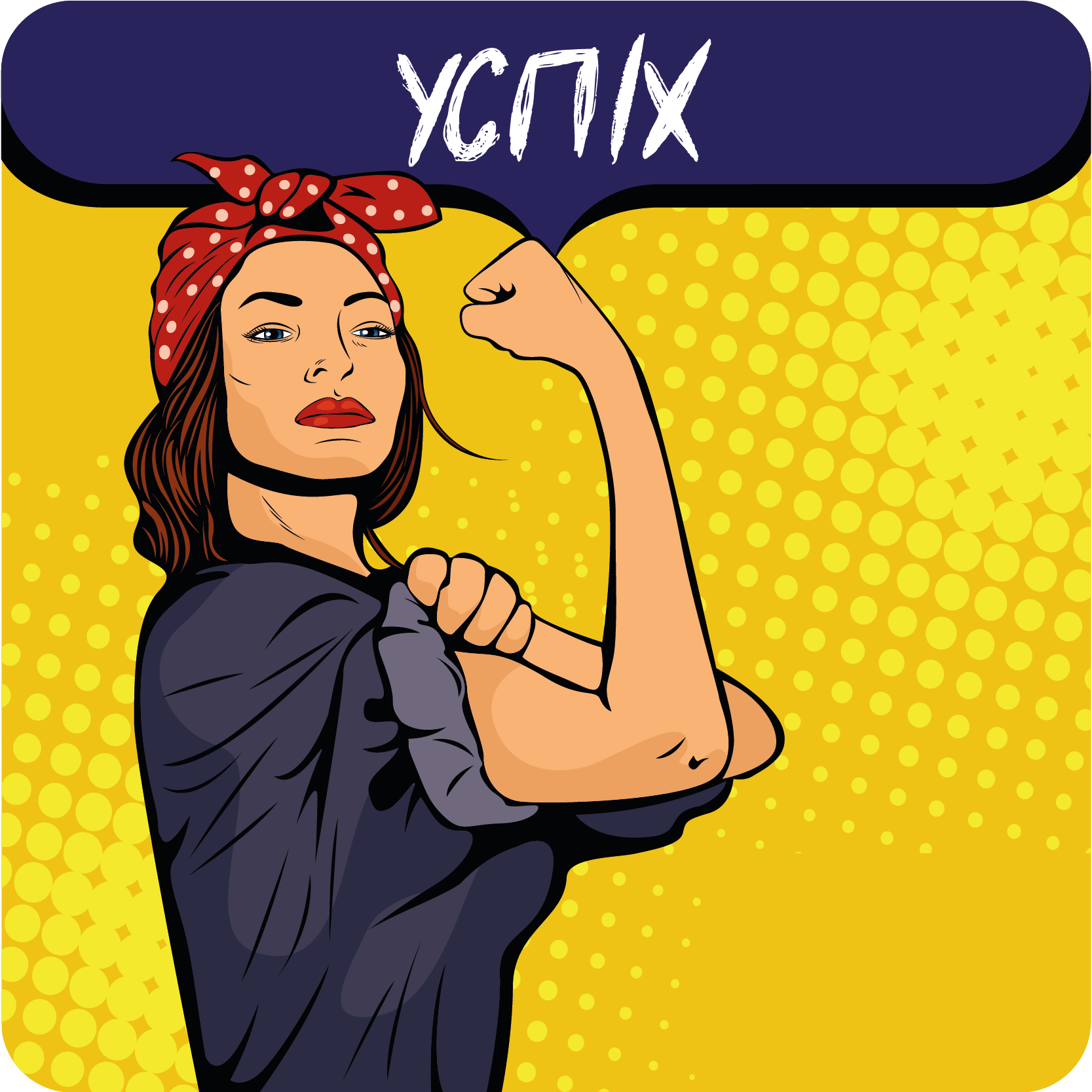
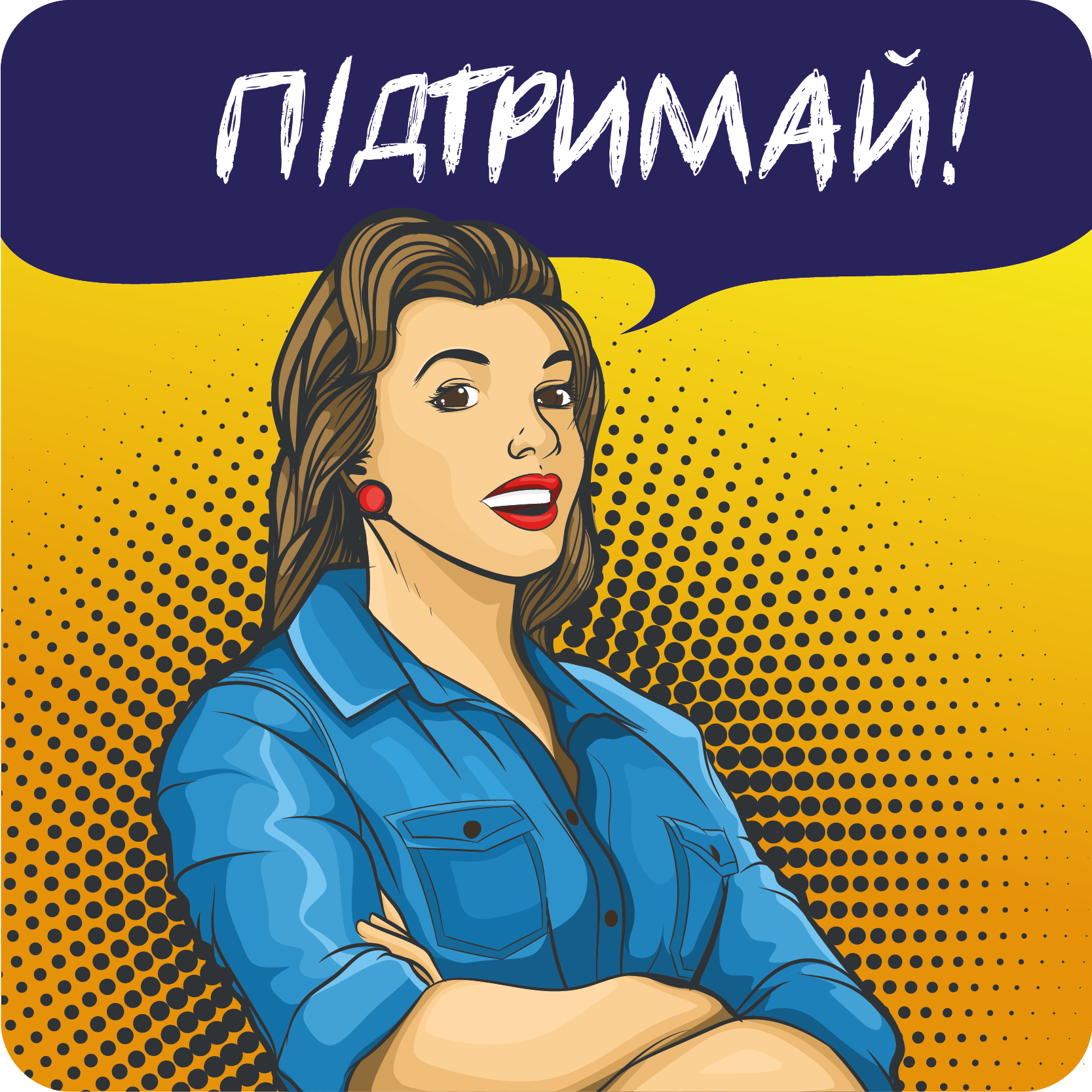


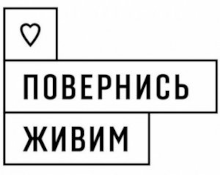
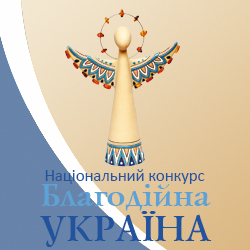
Коментарі